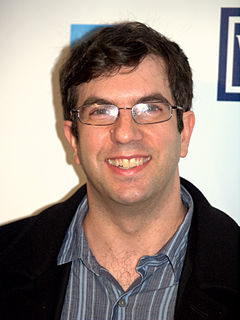A Quote by Darin Strauss
Constant rejection. No security. Career paths being dictated by freelance reviewers. And of course, the terror of the writing desk, of the blank page. Why is it so hard for our non-writer friends to understand this - that it's a job?
Related Quotes
Every page was once a blank page, just as every word that appears on it now was not always there, but instead reflects the final result of countless large and small deliberations. All the elements of good writing depend on the writer's skill in choosing one word instead of another. And what grabs and keeps our interest has everything to do with those choices.
But the writer who endures and keeps working will finally know that writing the book was something hard and glorious, for at the desk a writer must try to be free of prejudice, meanness of spirit, pettiness, and hatred; strive to be a better human being than the writer normally is, and to do this through concentration on a single word, and then another, and another. This is splendid work, as worthy and demanding as any, and the will and resilience to do it are good for the writer's soul.
Yes, the fear of its blankness. At the same time, I kind of loved it. Mallarmé was trying to make the page a blank page. But if you're going to make the page a blank page, it's not just the absence of something, it has to become something else. It has to be material, it has to be this thing. I wanted to turn a page into a thing.






































